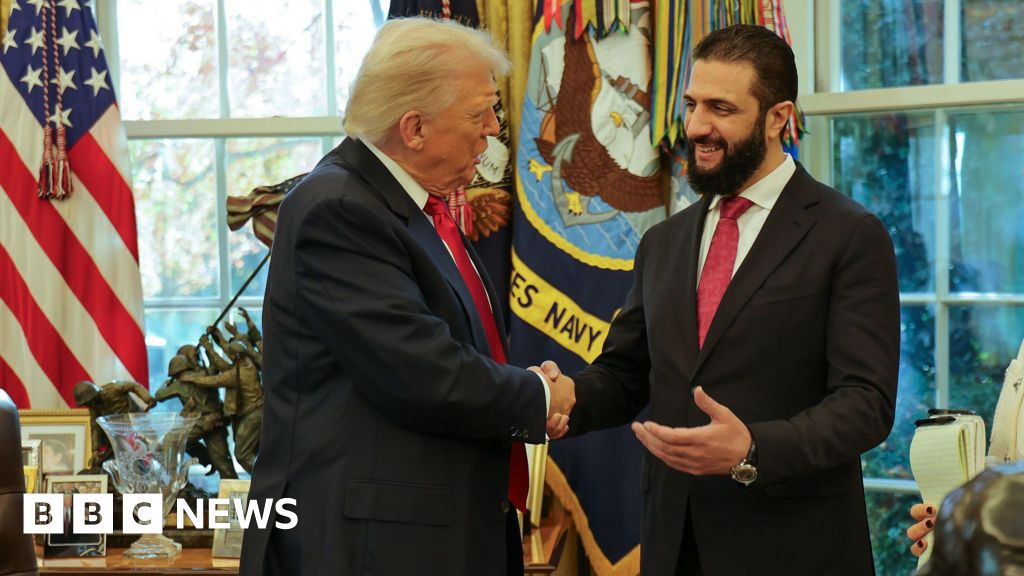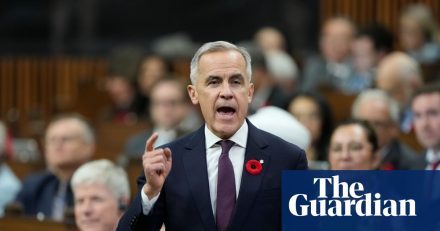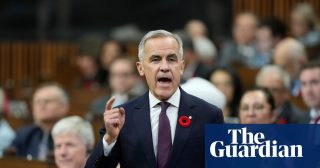A senior Trump administration official has confirmed that Syria will join the international coalition to combat the Islamic State group, signaling a major shift in US policy in the Middle East.
The announcement followed a White House meeting between President Donald Trump and Syrian President Ahmed al-Sharaa — the first visit by a Syrian leader to the White House in the nation’s history. In an interview with Fox News, al-Sharaa described the visit as the start of a “new era” of cooperation with the United States.
Syria will become the coalition’s 90th member, joining efforts to eliminate remaining IS elements and reduce the flow of foreign fighters to the region. Officials said the Treasury, State and Commerce departments will unveil measures to lift economic restrictions on Syria and provide “compliance clarity for investors.”
Among the steps announced is an 180-day suspension of the Caesar Act, the 2019 law that imposed sanctions on the former Syrian government. The administration said these moves aim to support Syria’s recovery and encourage investment while monitoring the new government’s behavior.
Speaking in the Oval Office after the meeting, Mr Trump said the US wants to see “Syria become a country that’s very successful” and expressed confidence in al-Sharaa’s ability to lead that effort. Diplomatic relations between Washington and Damascus, suspended since 2012, will be reset to allow Syria to reopen an embassy in Washington.
This was the third encounter between Trump and al-Sharaa, following meetings in May at the Gulf Cooperation Council and a dinner during last September’s UN General Assembly.
Al-Sharaa’s journey from militant leader to visiting head of state is dramatic. He once led a branch of Al‑Qaeda before breaking away and later became head of Hayat Tahrir al‑Sham, an armed Islamist group the US designated as a terrorist organization until four months ago. A $10m bounty had been offered for him until his removal from the US “specially designated global terrorist list” by the Treasury Department last week.
As interim president, al-Sharaa has sought to soften his image and has appealed for foreign support to rebuild Syria after 13 years of war. Trump acknowledged al-Sharaa’s past, saying, “He has had a rough past… if you didn’t have a rough past, you wouldn’t have a chance.” Al-Sharaa told Fox News that their discussions focused on Syria’s present and future role as a geopolitical and economic partner of the US, not on his past.
Al-Sharaa’s tenure has been controversial. His rule has been associated with killings of some members of Syria’s Alawite minority and outbreaks of deadly violence involving Sunni Bedouin fighters and Druze militias. He has pledged to identify and remove security personnel responsible for human rights abuses.
Trump has publicly backed al-Sharaa on multiple occasions, once describing him in complimentary terms. In June, the president signed an executive order lifting sanctions on Syria, with the White House saying the move was intended to advance the country’s “path to stability and peace.” Administration officials have said Washington will monitor the new Syrian government’s actions closely, including any steps toward normalizing ties with Israel and efforts to address foreign terrorist and militant groups operating inside Syria.






